Intensive Farming Practices Definition
This is in contrast to many sorts of traditional agriculture in which the inputs per unit land are lower. Labour investment machinery etc in comparison to the land under cultivation.

Sustainability Advantage High Yield Intensive Agriculture Outpaces Organic Farming Large Study Shows Genetic Literacy Project
Achieving these unnatural results requires high degrees of human manipulation.
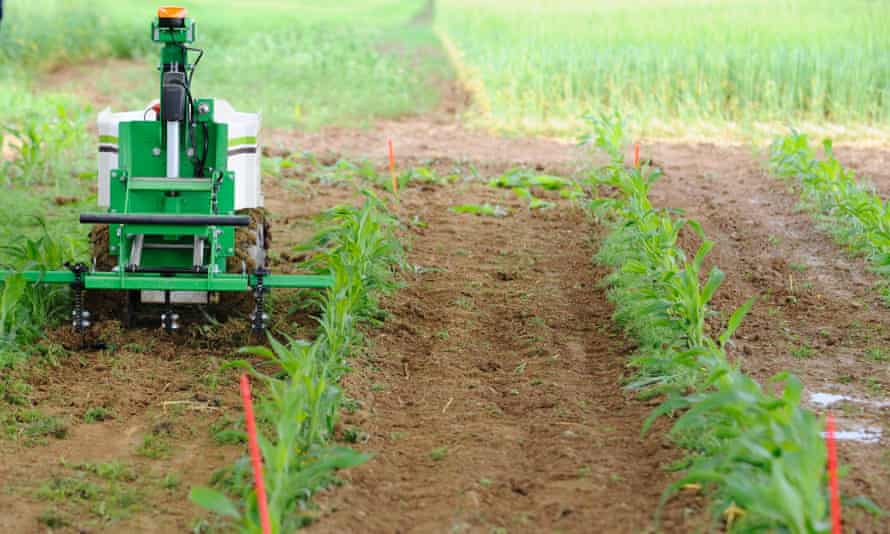
Intensive farming practices definition. Extensive farming or extensive agriculture as opposed to intensive farming is an agricultural production system that uses small inputs of labor fertilizers and capital relative to the land area being farmed. Farming practices can be classified into extensive semiintensive and intensive farming. Agriculture farming that aims to produce as much as possible usually with the use of chemicals the potential environmental impact of large-scale intensive farming Elsewhere large areas have been drained and levelled for industry or intensive farming.
Money is the objective and much of it goes funneling into the hands of a very few. A way of producing large amounts of crops by using chemicals and machines. Intensive farming not only involves horticulture but also livestock farming.
In contrast Extensive Farming is one in which more and more land is brought under cultivation to increase the output produced. Intensive culture systems include the following general characteristics. Its extreme form is agriculture without soil.
Intensive farming also known as intensive agriculture and industrial agriculture as opposed to extensive agriculture is a type of agriculture arable farming and animal husbandry with a higher level of input and production per square unit of agricultural land area. This means that key food items such as eggs and chicken can be offered at competitive prices which are affordable to all. Extensive Farming is a system of cultivation which uses limited inputs ie.
It is characterized with the intensive use of pesticides fertilizer and other production inputs for crops and medication as well as concentrated feeding for the animal stock. What is more battery cages are designed to minimize the. Definition of Extensive Farming.
Intensive farming or intensive agriculture is an agricultural production system characterized by a low fallow ratio and the high use of inputs such as capital labour or heavy use of pesticides and chemical fertilizers relative to land area. Intensive farming is an agricultural intensification and mechanization system that aims to maximize yields from available land through various means such as heavy use of pesticides and chemical fertilizers. The classification is often based on resource eg feed and energy use but rearing densities maintenance costs or inputs chemical use etc.
In this method traditional methods of farming are given preference. There are many advantages and disadvantages of intensive farming. The use of large amounts of pesticides for crops and of medication for animal stocks is common.
Intensive farming is characterized by higher yields wrested from plants animals and the earth motivated by a desire for more product for less money. Intensive agriculture in agricultural economics system of cultivation using large amounts of labour and capital relative to land area. Intensive agriculture firstly is one that aims to increase production levels to the maximum through the employment of chemical fertilizers and technology and usually an extension of limited territory as part of the optimization of the possible space.
In commercial agriculture intensive farming practices include packing crops or animals as tightly as possible onto lots along with the use of chemicals that are designed to stimulate rapid growth increase size reduce disease and manage agricultural pests such as insects fungi and animals. Intensive farming also intensive agriculture is the practice where a lot of labor and capital is employed to maximize agricultural produce or yields. Intensive farming or intensive agriculture is a kind of agriculture where a lot of money and labour are used to increase the yield that can be obtained per area of land.
May also be considered. The intensive farming techniques involves extensive input of capital labor as well as pesticides and fertilizers to raise crops on a smaller land area. Intensive Farming is a farming method that uses higher inputs and advanced agricultural techniques to increase the overall yield.
One of the major advantages of intensive farming is that it provides a high yield.

Can We Ditch Intensive Farming And Still Feed The World Farming The Guardian

Intensive Farming And Extensive Farming
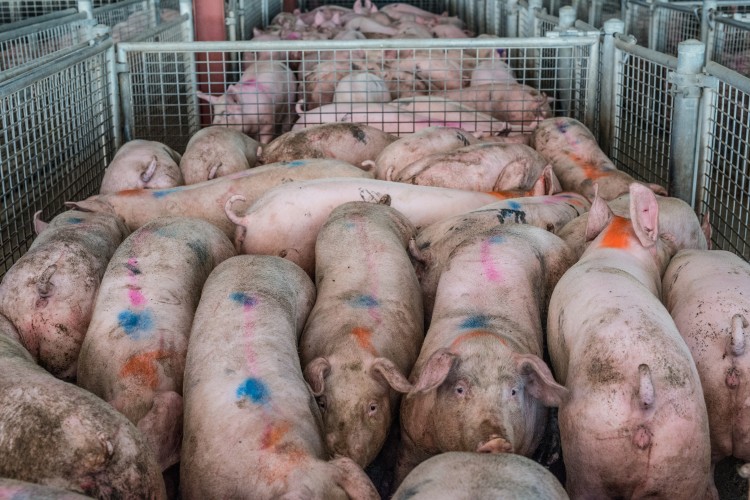
Intensive Agriculture Impact On Humans Animals And The Planet
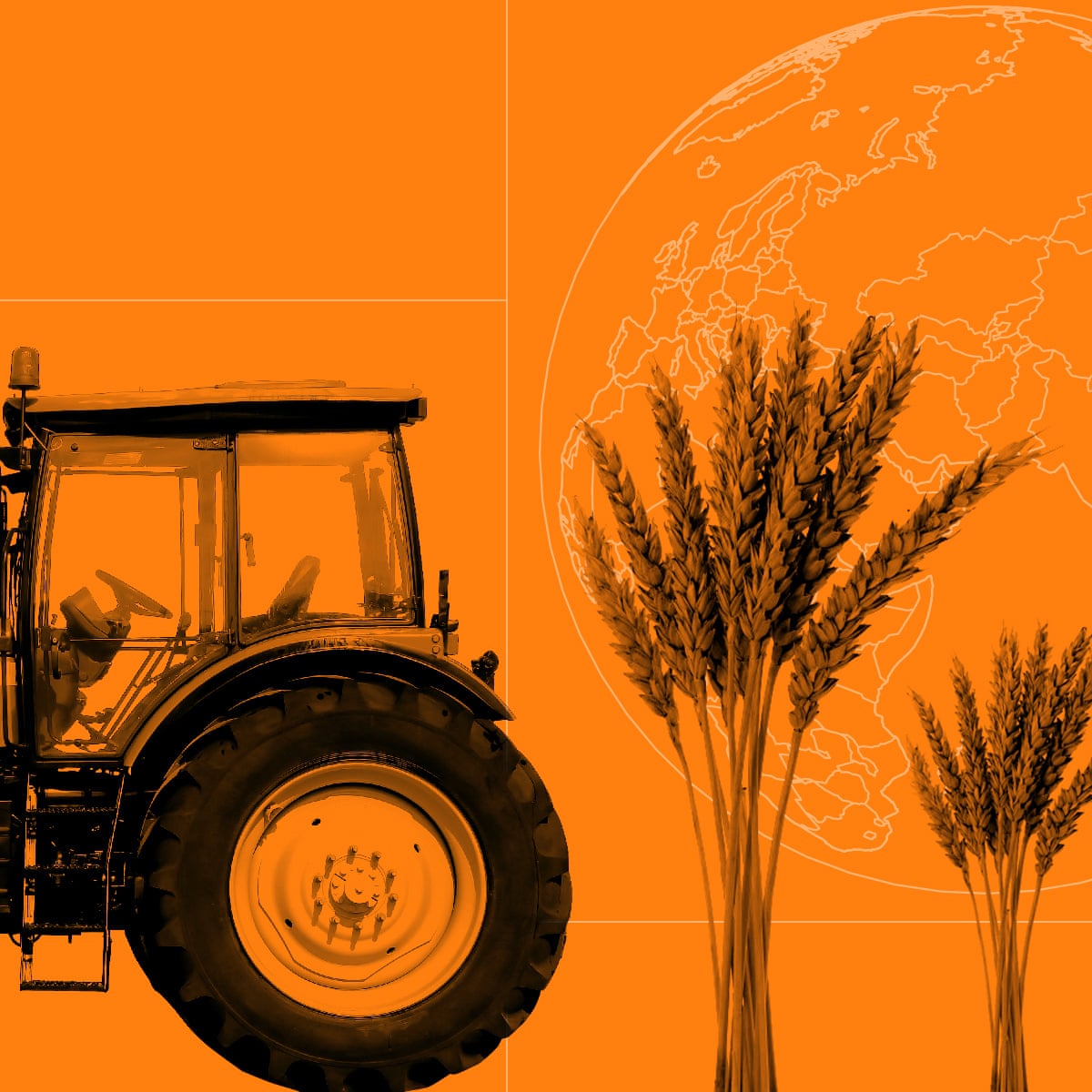
Can We Ditch Intensive Farming And Still Feed The World Farming The Guardian

The Pros And Cons Of Intensive Farming

Difference Between Intensive And Extensive Farming Farming Base
Intensive Agriculture Cultural Anthropology
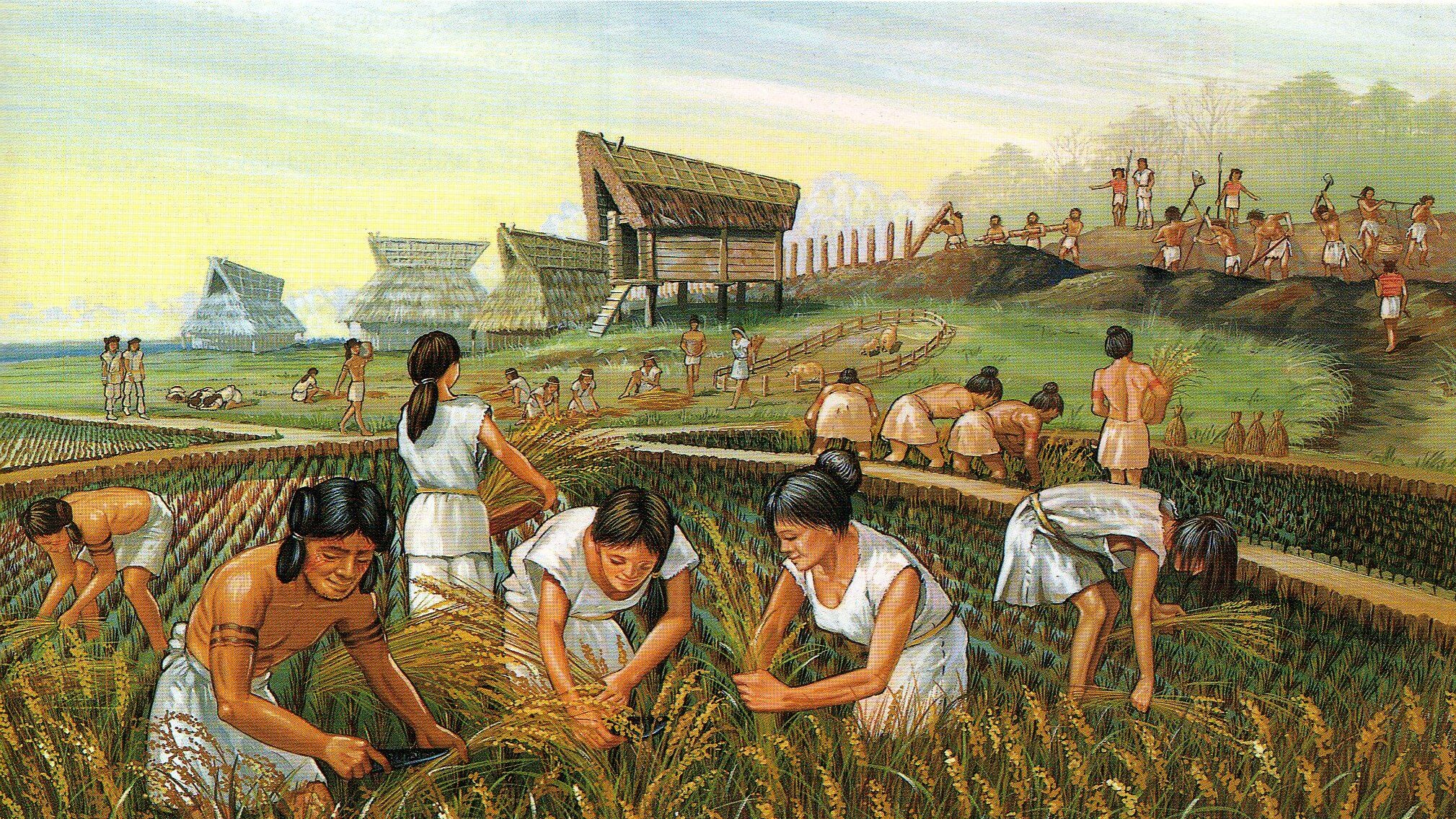
Which Came First Intensive Agriculture Or Complex Society Genetic Literacy Project
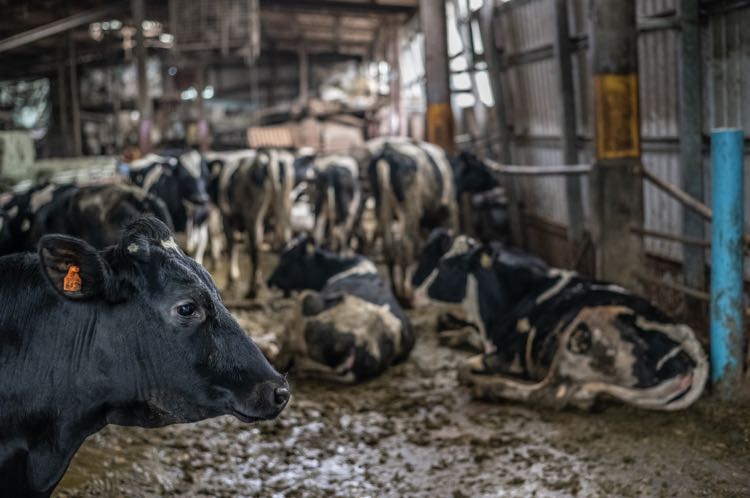
Intensive Agriculture Impact On Humans Animals And The Planet

Monoculture Do Intensive Farming And Gmos Really Threaten Biodiversity Genetic Literacy Project
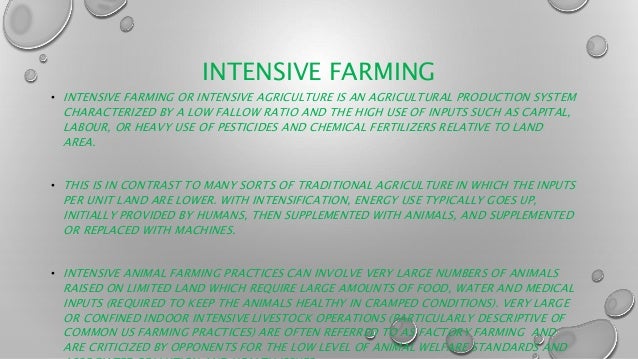
Intensive Farming And Extensive Farming

Agriculture And Rural Land Use Ppt Download

Advantages And Disadvantages Of Intensive Farming
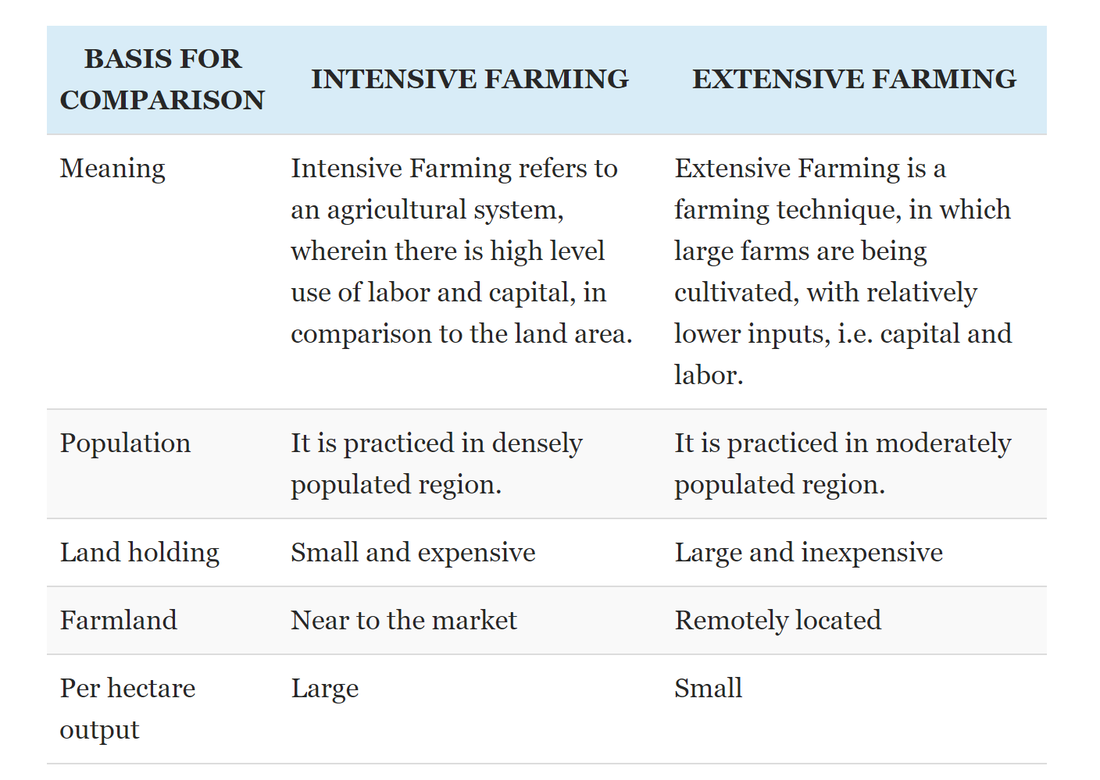
Food Production The Geographer Online

Advantages And Disadvantages Of Intensive Farming Sustainable Food Systems Agriculture Pesticides

Intensive Agriculture Impact On Humans Animals And The Planet

Advantages And Disadvantages Of Intensive Farming

Industrial Agriculture How Intensive Farming Affects Our Lives

Intensive Farming And Extensive Farming Difference Between Extensive And Intensive Farming Youtube
Post a Comment for "Intensive Farming Practices Definition"